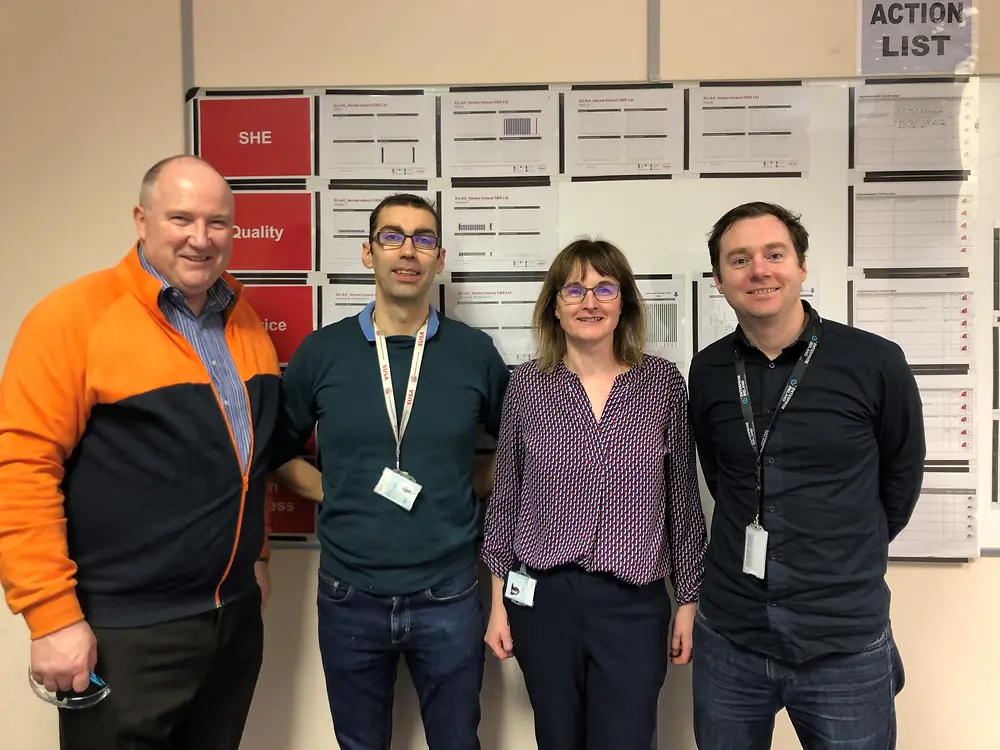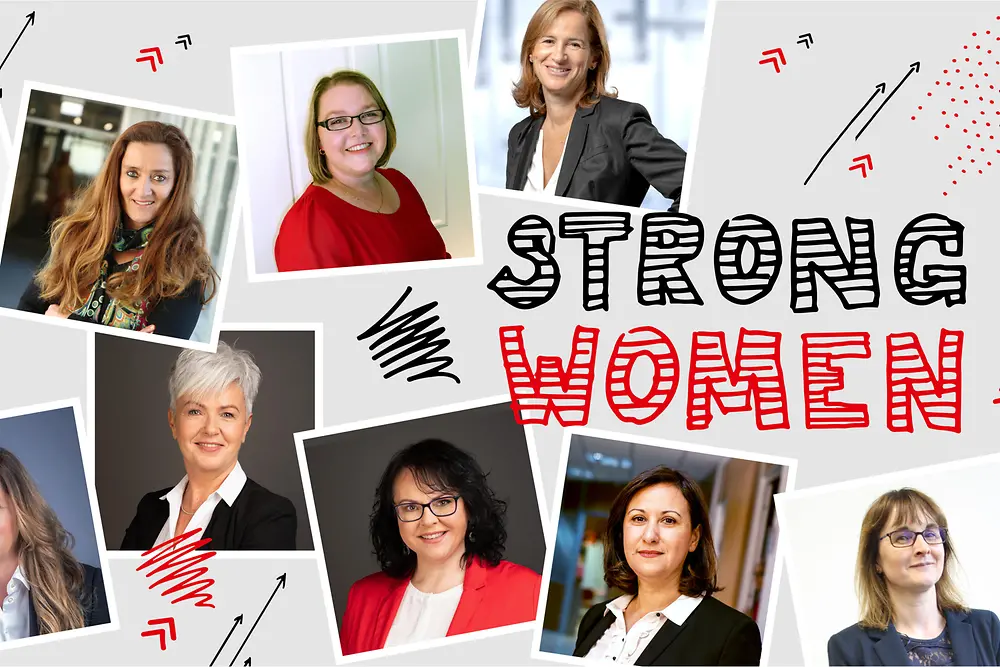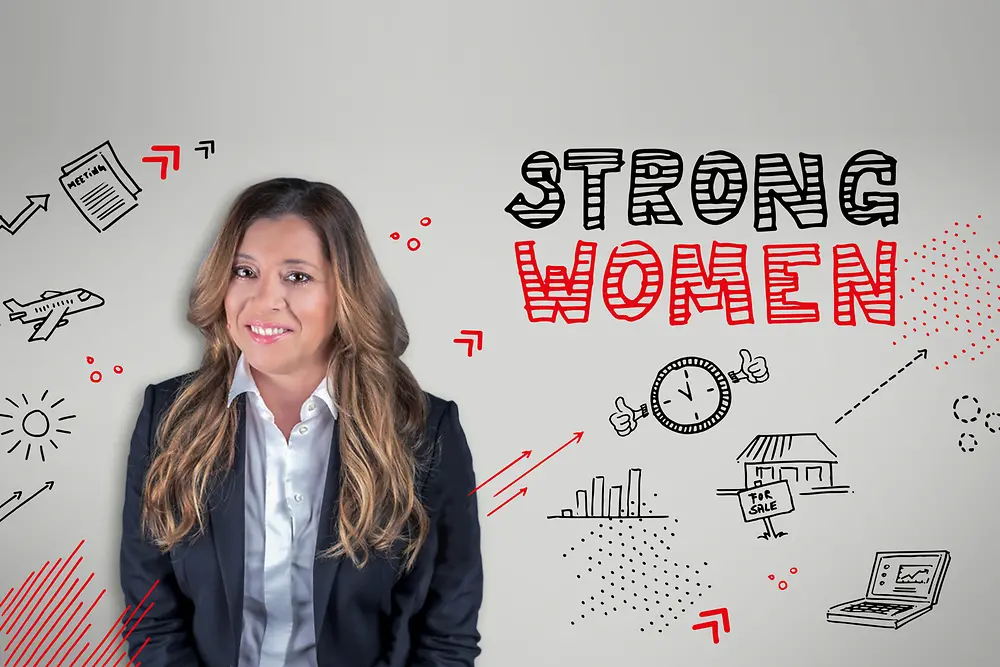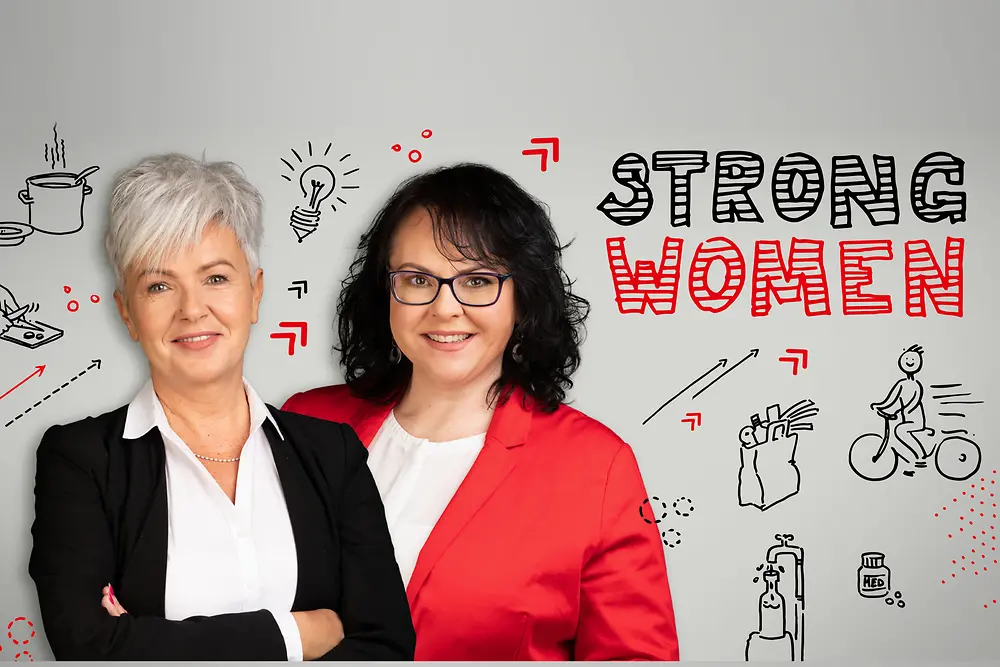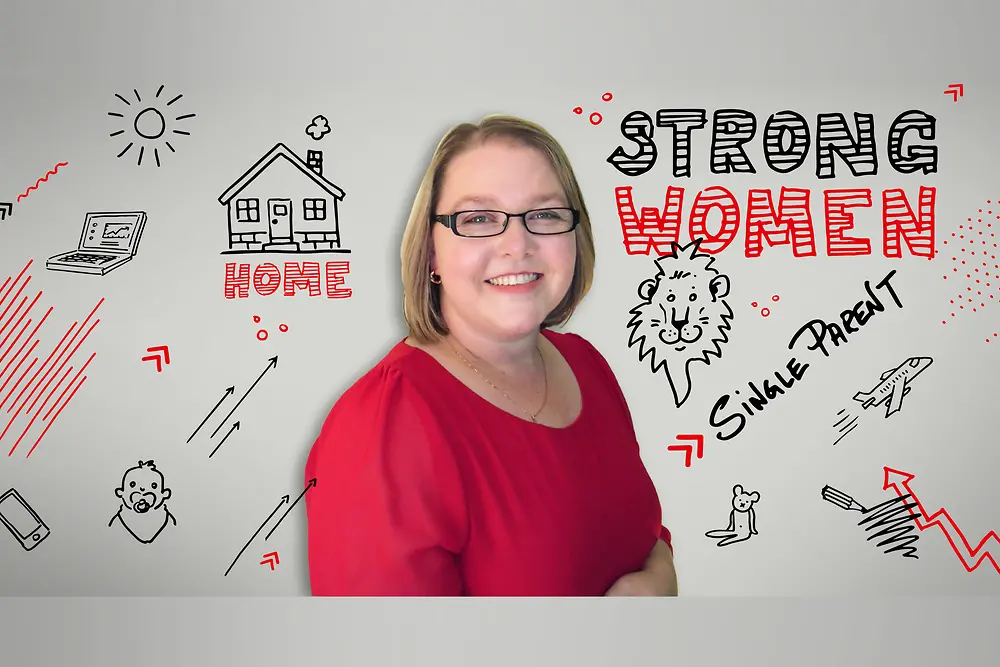Discover the brands and technologies from our business units Henkel Adhesive Technologies and Henkel Consumer Brands.
Breaking into the boys’ club
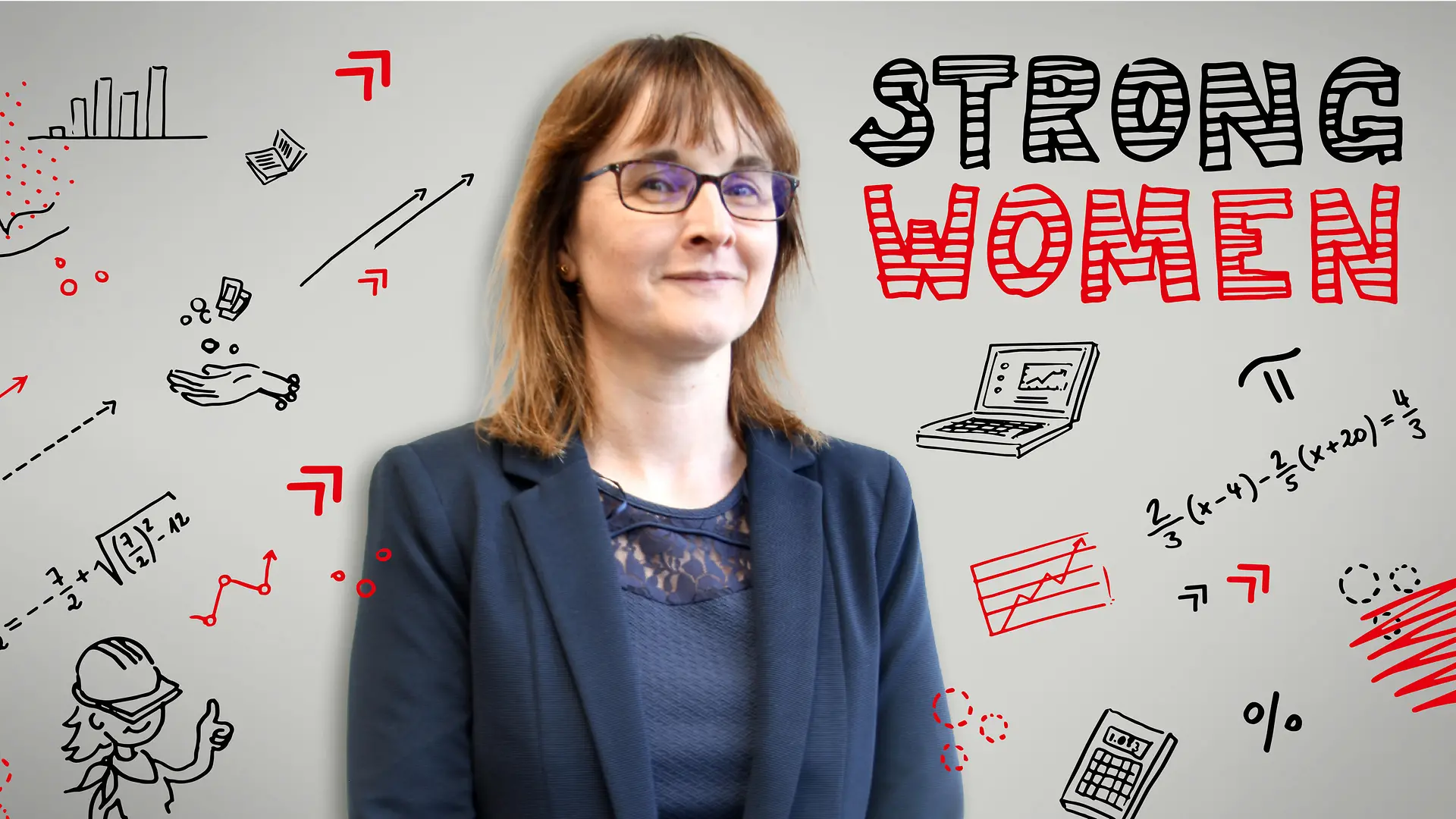
Going from an all girls’ school to being one of 27 girls in a class of 180 at Trinity College in Dublin, manufacturing engineer Denise Walsh has embraced the challenges and joys of working in an often male-dominated career: engineering.
From an early age, she showed a proclivity toward problem-solving. Denise’s teachers encouraged her to take as many mathematics and science courses as she could. Even at home, her family was rooting for her to follow this career path. As a third-generation engineer, one could say it’s a family trait. With this background, it was easy for her to choose the same career path. “There were some drawbacks for me in that there were some courses, like technical drawing, that weren’t offered to me in grade school,” she explains. Despite these obstacles, she stayed determined to reach her career goals.
After her time at an all girls’ grade school, Denise then went to college where a majority of her classmates were male. This taught her to manage being a minority among her classmates – which helped her when she started working at her first job as an operations engineer with an oil and energy company.
No matter what happened, Denise always focused on expanding her knowledge and expertise. While providing technical support to overseas field project personnel engaged in commissioning and maintenance of turbomachinery for the oil and gas industry, she also learned how to manage large projects, such as facilitating an open plan for her office with her additional responsibilities for Facilities and IT. After work, she took courses in information technology and earned a diploma in computers for engineers, further increasing her skills in computer programming. In the mid-1990s, these abilities helped earn her next job working at Henkel – this time as the first female mechanical engineer hired at Henkel Ireland.
Once she became a mother, balancing her work and home life became even harder. “Being a mother, I sometimes needed a bit more flexibility – which placed me in the spotlight,” she says. However, she was able to find flexible working hours that fit her needs and set a precedent for other working parents at Henkel. “I have the best of both worlds,” she explains, “I am able to follow my dream of being an engineer, and I am able to spend time at home with my children.”
One of her three children has even shown an interest in technology and has the option to take classes in technology and technical graphics – something that has definitely improved since Denise was in school. Laughingly, she says, “There’s no escaping engineering in our family.”
During her free time, she participates in the Irish Girl Guides – a group dedicated to teaching girls how to be confident and face their fears – as she was taught from a young age to do. In the group, the girls take part in different outings and earn various badges, including environmental awareness and science investigator. There is even an engineering badge that the girls can earn. “It’s a great way for young girls to learn how to have a positive self-esteem and gain great confidence and be resilient in today’s world,” she says. This type of assurance and determination brought Denise success, even when she struggled. What she learned and what she hopes to teach other young girls who want to work in male-dominated fields is a lesson from Henry Ford: “Whether you think you can, or you think you can’t – you’re right.”

THREE QUESTIONS TO DENISE
What value is your top priority?
Equality – I believe that all people have the right to be valued and respected while having access to equal opportunities to make the most of their lives and talents regardless of their race, sex, nationality, ethnicity, language, religion, or any other status.
If you could have one superpower, what would that be?
I think if I was able to have one superpower, it would have to be the ability to teleport – life would be a lot easier with no need for time spent commuting and sitting in traffic!
If you could meet your 11-year-old self, what advice would you give to yourself?
For me, it would be along the lines of “Don’t sweat the small stuff and to trust your gut instinct!” It is so important to dream big, worry less and have the courage to do the things you want to do and enjoy doing. Of course, there will be failures and heartbreaks and challenges along the way but there’s a phrase that sticks with me “What is for you, won’t pass by you”.



